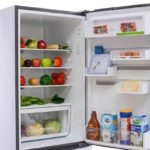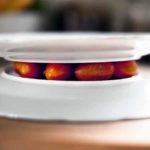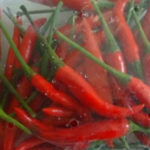1 Keep Food Warm
It’s important to always keep your food warm, especially during hot weather, to ensure it stays safe to eat. Make sure to reheat your food to a rolling boil before leaving it overnight, and then reheat it every few hours to at least 75oC.

2 Promptly Store Food After Shopping
When you buy food from a store or supermarket, especially frozen or chilled food, make sure to transport it home promptly in an insulated bag or cooler. This will help maintain the temperature and keep your food safe to eat.
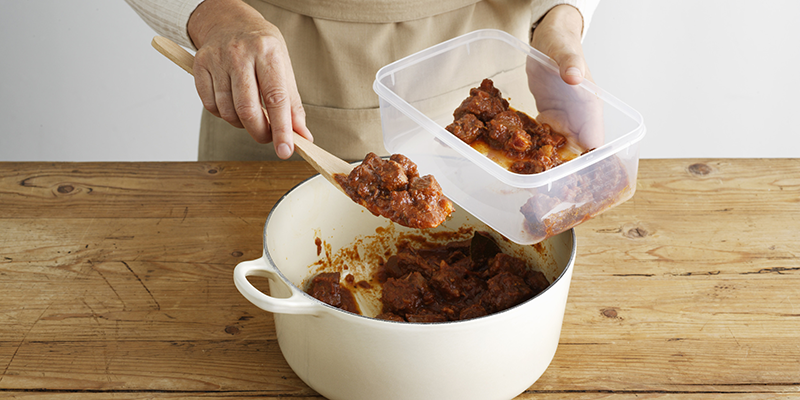
3 Adjust Your Fridge Temperature
To keep your food fresh for longer, store raw meat and vegetables at 5oC or lower. Keep your fridge’s “cold” compartment at below 5oC, and the freezer at between -15oC and -18oC. Use clean ice or dry ice packs in your cooler.
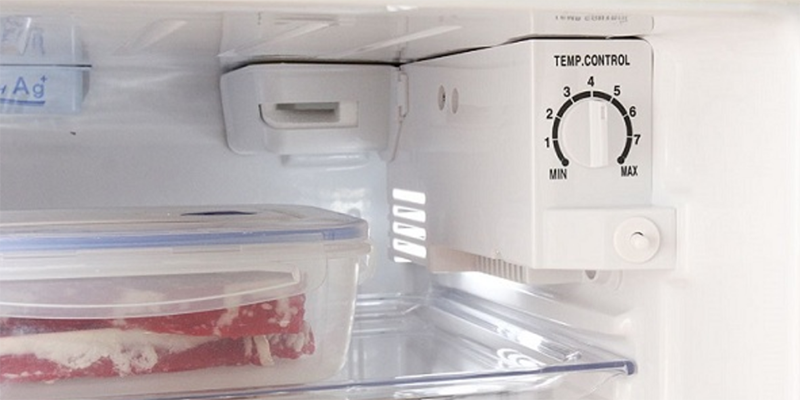
4 Separate Raw and Cooked Food
It’s important to keep raw and cooked food separate to prevent the spread of bacteria. This also applies to utensils like knives and cutting boards, which should be cleaned thoroughly after use.
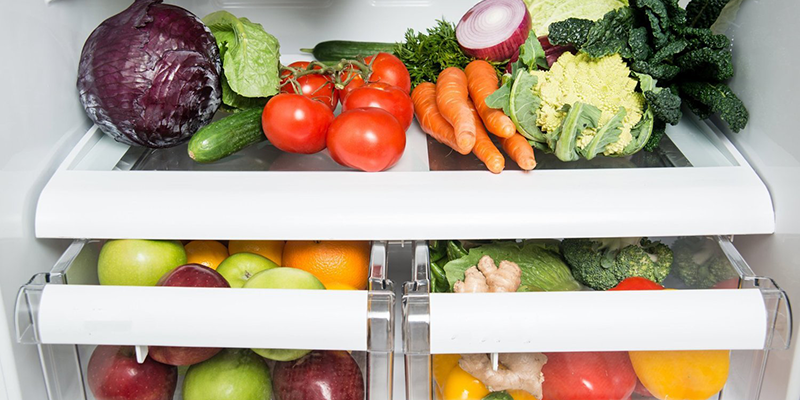
5 Defrost Food Properly
Don’t be tempted to cook food that hasn’t been properly defrosted, both inside and out. Allow enough time for food to defrost naturally, or use your microwave to speed up the process. Some foods can be cooked from frozen, but always check the packaging first.
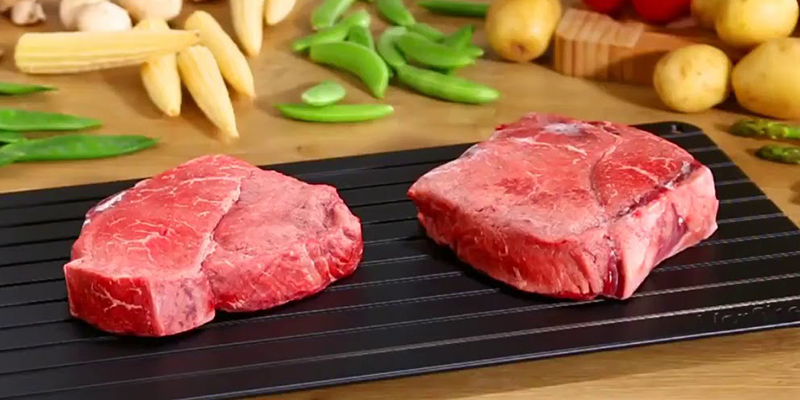
6 Don’t Wait for Food to Cool Before Refrigerating
As soon as your food stops steaming, get it into the fridge as quickly as possible. To speed up the cooling process, divide the food into smaller portions or place the food in a container surrounded by ice.
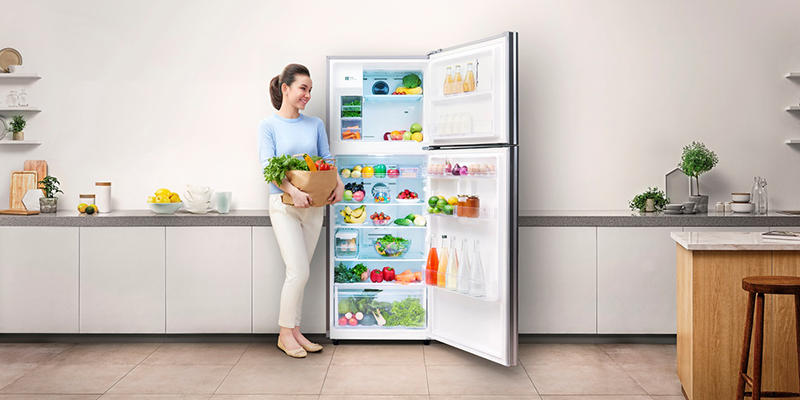
7 Don’t Overfill Your Fridge
Even if you have a lot of food to store, don’t overcrowd your fridge. It needs space to circulate air effectively and keep your food fresh.
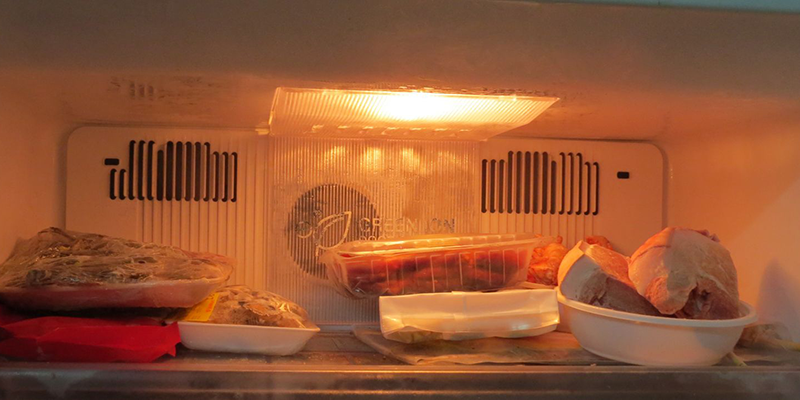
8 Safely Store Leftovers
Keep leftovers in the fridge and eat them within 3-5 days. If you don’t plan on eating them within this time frame, store them in the freezer instead.
9 Know When to Throw Food Away
Don’t be tempted to keep food that is past its prime. For foods like cooked rice, pasta, seafood, and meat, if they’ve been left out of the fridge for more than 4 hours, it’s best to throw them away. Even if you reheat them, they may already be spoiled.
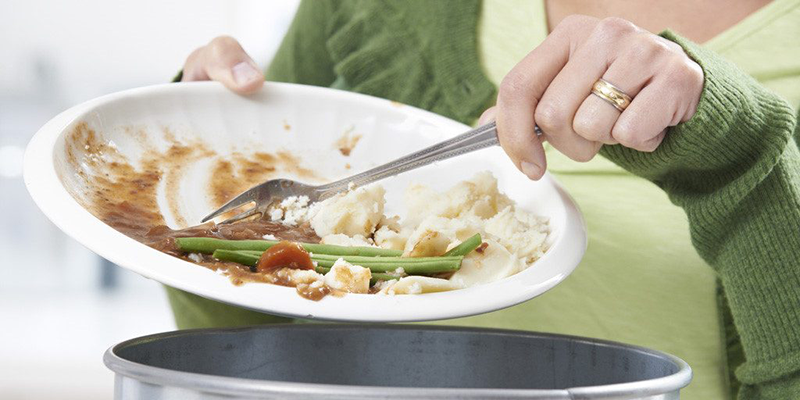
10 Don’t Share Food That Makes You Sick
If you eat something that makes you feel unwell, with symptoms like stomach pain, vomiting, sore throat, fever, or diarrhea, don’t share it with others. Seek medical advice and dispose of the food safely.

These are 10 methods to help you keep your food fresh during the hot summer days. Always check your food thoroughly before eating!
Ten Strategies to Streamline Your Cooking Process
Are you a busy housewife looking for ways to save time in the kitchen? Did you know that flossing can also help you out? Check out these 10 tips to help you quickly and easily prepare delicious meals for your family. Learn how to peel garlic in 10 seconds and cut cherry tomatoes quickly for a healthy and tasty meal.
4 Strategies for Storing Chili for One Month
Do you want to enjoy the fresh, spicy flavor of chili peppers all month long? Look no further! This article provides tips and tricks for storing chili peppers so that they stay fresh and flavorful for up to a month. Learn how to best preserve your peppers and savor their zesty taste for weeks to come.
























